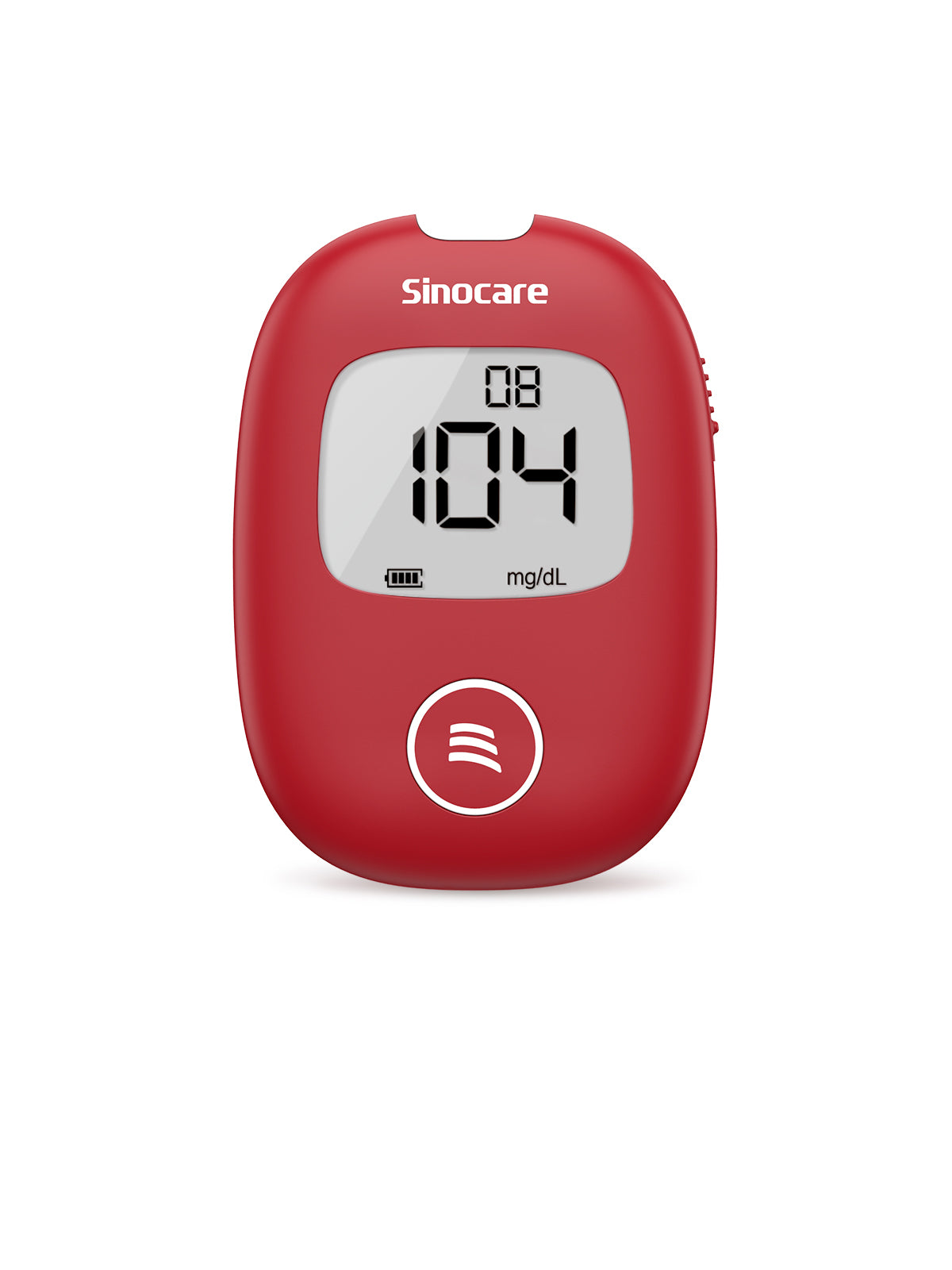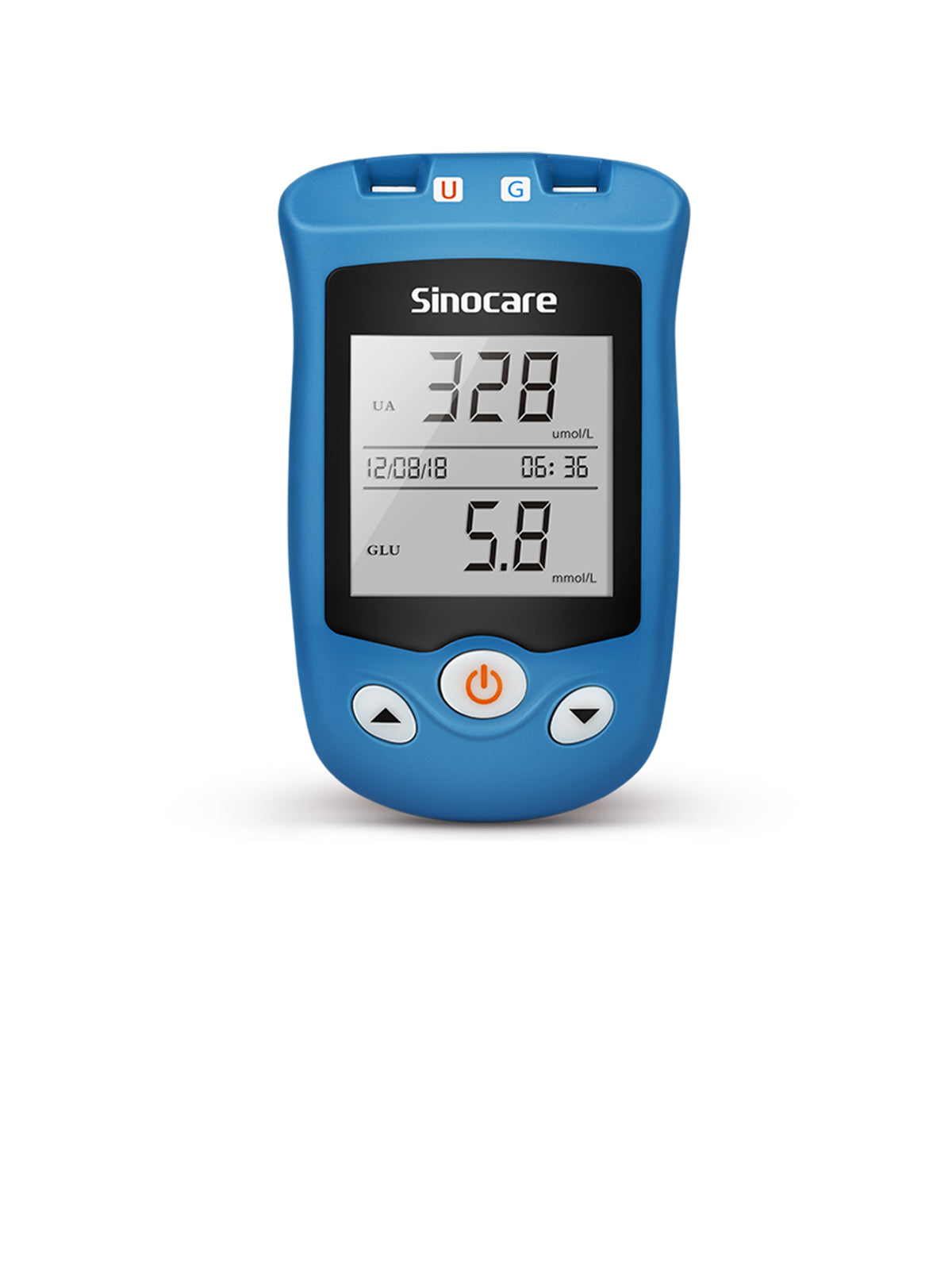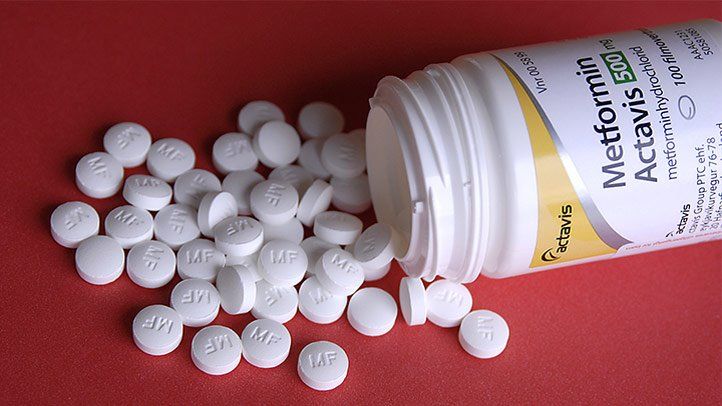Metformin is a conventional drug for the treatment of diabetes, which has the functions of increasing glucose utilization and improving insulin sensitivity. So far, most of the guidelines, including the guidelines of the Chinese Academy of Medical Sciences, recommend metformin as the first-line drug for the treatment of diabetes.
How Metformin Works
When food is broken down into glucose in the digestive tract, metformin reduces the rate and amount of glucose absorbed by the gut. It also inhibits glycogenolysis, reducing hepatic glucose output, thereby reducing the total amount of glucose entering the blood. Metformin increases the sensitivity of surrounding tissues to insulin, making insulin active and working more efficiently.
Metformin activates the AMPK enzyme (which controls the amount of glucose converted into blood sugar), and the activated AMPK enzyme causes the body to consume more glucose, thereby lowering blood sugar. Metformin accumulates in the intestinal tract after being absorbed, prompting the intestinal tissue to rapidly lyse a large amount of glucose into lactic acid, reducing the postprandial blood sugar peak. This lactic acid will be stored in the liver with the blood, and when the blood sugar drops, it will be processed back into glucose by the liver to maintain blood sugar stability.
Who is suitable for metformin?
1. Patients with type 1 diabetes, especially those with obesity, overweight, hyperinsulinemia, and hyperlipidemia.
2. If a certain oral hypoglycemic agent or insulin is used alone, but the blood sugar control is poor or ineffective, the combined use of metformin can be considered. guanidine
3. People with impaired glucose tolerance can choose to use metformin to prevent and delay the occurrence and development of diabetes.
Besides stabilizing blood sugar, what are the benefits of metformin?
For diabetic patients, in addition to stabilizing blood sugar and controlling the disease process, metformin has the following 4 major benefits for diabetes
1. Effects on body weight
Metformin had no significant or mild effect on body weight in patients with type 2 diabetes. However, the combination of metformin with other antidiabetic drugs did not cause
Significant weight gain, which may also reduce the adverse effects of these drugs on body weight, including insulin secretagogues, thiazolidinediones, and exogenous
Insulin, etc.
2. To improve and combat dyslipidemia.
Metformin can improve diabetic patients to a certain extent. The lipid profile of patients, such as lowering blood levels of total gallbladder and triglycerides, and increasing high-density lipoprotein cholesterol (HDL) levels can help reduce the risk of cardiovascular disease complications in diabetic patients.
3. Control and reduce high blood pressure
Metformin can increase local blood supply and nutrient exchange and help reduce peripheral vascular resistance. It also contributed to a mild decrease in blood pressure, with reports showing that 254 patients with type 2 diabetes received metformin for 6 months, reducing systolic and diastolic blood pressure by 11.3% and 13.3%, respectively.
4. Reduce the risk of cardiovascular disease
A study from the Department of Clinical Physiology of Copenhagen University Hospital showed that in patients with type 2 diabetes and obese people with a high risk of cardiovascular disease, metformin alone or diet alone can reduce the risk of cardiovascular disease. The study conducted a 6-year lifestyle intervention in large-scale patients with type 2 diabetes at increased risk of cardiovascular disease. The results showed that the use of metformin in diabetic patients reduced the risk of cardiovascular disease, including non-fatal myocardial infarction, non-fatal myocardial infarction, non-fatal stroke, cardiovascular death, etc.
Metformin is the 'best' hypoglycemic drug?
With so many benefits, metformin is the "best" antidiabetic drug? Metformin is widely used and can be used by diabetics of almost any age (it is not recommended for children under 10 years of age) and can be used regardless of whether they are overweight or not. So far, metformin is the first-line drug of choice for the treatment of diabetes. However, for any disease, there is no best drug. The "best" drug is the one that meets and adapts to the patient's condition. Patients and their family members should pay attention to choosing drugs that are more suitable for the patient's condition and physical condition.
Which patients are not suitable for metformin?
Although metformin is good, not all diabetic patients can use it. For example, those with impaired liver and kidney function should not take it, because after the patient takes the drug, metformin will not combine with other substances in the body and deteriorate, and ultimately rely on the kidneys to remove it.
The following are also contraindications to metformin:
Allergic to metformin hydrochloride
Moderate to severe renal insufficiency
Glomerular filtration rate (eGFR) <45
Liver insufficiency
Serum transaminases more than 3 times the upper limit of normal or severe hepatic insufficiency
Serious infection and trauma, clinically hypotension
acute and chronic metabolic acidosis
Alcoholics
Children under 10
gestational diabetes










Leave a comment
All comments are moderated before being published.
This site is protected by hCaptcha and the hCaptcha Privacy Policy and Terms of Service apply.